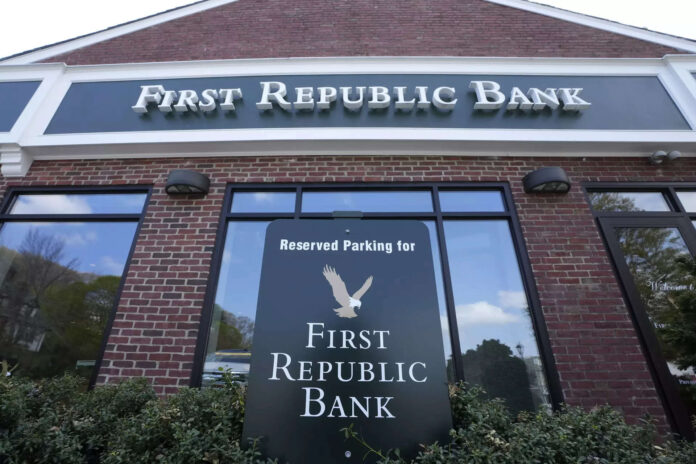JPMorgan Chase & Co. has announced that it will acquire First Republic Bank, which has been embattled after its seizure by regulators. The deal, valued at $14 billion, is expected to close by the end of the year.
First Republic Bank has been under scrutiny by regulators for several months due to alleged violations of anti-money laundering regulations. The bank’s management was replaced after the seizure, and it has been under the control of regulators since then.
JPMorgan’s acquisition of First Republic Bank is a significant move that will further consolidate the banking industry. With the acquisition, JPMorgan will expand its presence in the private banking and wealth management sectors, as First Republic Bank is known for its high-net-worth clientele.
This move also reflects JPMorgan’s strategy of growth through acquisition, as it seeks to expand its offerings and diversify its revenue streams. In recent years, JPMorgan has made several high-profile acquisitions, including the acquisition of Bear Stearns in 2008 and the purchase of Bank One in 2004.
While JPMorgan’s acquisition of First Republic Bank will undoubtedly strengthen its position in the banking industry, it also raises questions about the impact of consolidation on competition and consumer choice. Some experts have voiced concerns that consolidation could lead to higher prices and reduced services for consumers.
In response to these concerns, JPMorgan has emphasized its commitment to providing high-quality services and maintaining competition in the industry. The bank has also pledged to work with regulators to ensure that the acquisition is in compliance with all relevant laws and regulations.
Overall, JPMorgan’s acquisition of First Republic Bank is a significant move that reflects the bank’s strategy of growth through acquisition. While the consolidation of the banking industry raises some concerns about competition and consumer choice, JPMorgan’s commitment to providing high-quality services and maintaining competition should help alleviate these concerns. As the banking industry continues to evolve, it will be interesting to see how this acquisition impacts the industry as a whole.

